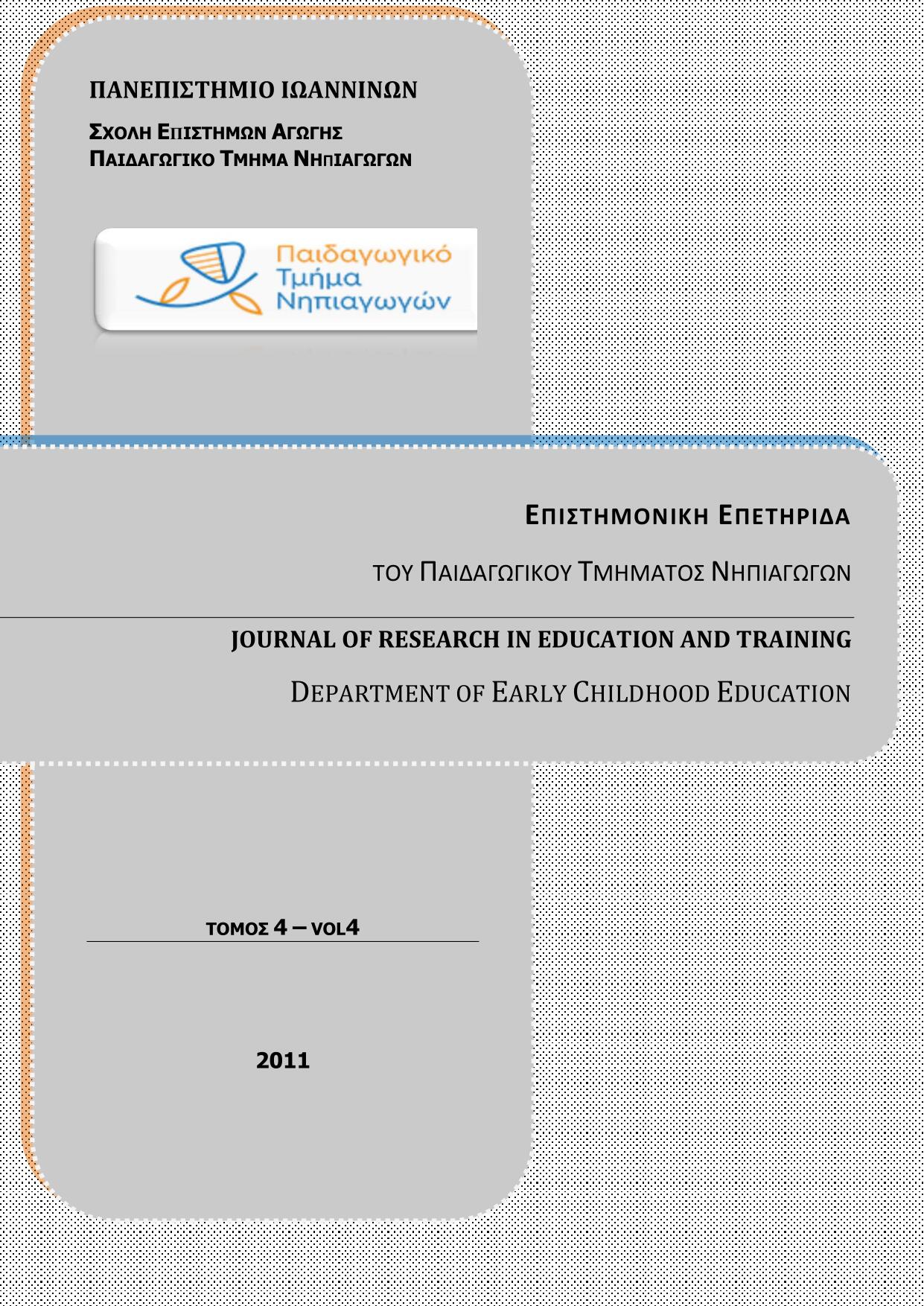Through the eyes of the learner

Published:
Dec 3, 2015
Keywords:
Learning cognition perception teaching science
Abstract
Learning tends to be theorized, in research and curriculum practice, from the perspective of the known and seen, as is apparent in the idea that learners intentionally “construct” knowledge. We need to ask, however, how students who do not know the learning object (what the teacher wants them to know) can orient towards this unknown, unseen, and therefore unforeseen knowledge. The purpose of this paper is to bring the problematic of this learning paradox into sharp relieve by drawing on empirical examples from my research in a variety of settings. I then exhibit some core aspects of my findings, which, most importantly, highlight (a) the simultaneously active and passive aspects involved in any (perceptual) learning and (b) how the world and the objects it contains becomes independent of perception. I conclude by articulating some of the advantages that come with theorizing learning from the perspective of the learner – i.e., the perspective of the learning object as unknown, unseen, and unheardof – including the oftenforgotten emotional component.
Article Details
- How to Cite
-
Roth, W.-M. (2015). Through the eyes of the learner. Journal of Research in Education and Training, 4, 87–108. https://doi.org/10.12681/jret.8705
- Issue
- Vol. 4 (2011)
- Section
- Articles

This work is licensed under a Creative Commons Attribution-NonCommercial-ShareAlike 4.0 International License.
Authors who publish with this journal agree to the following terms:
- Authors retain copyright and grant the journal right of first publication with the work simultaneously licensed under a Creative Commons Attribution Non-Commercial License that allows others to share the work with an acknowledgement of the work's authorship and initial publication in this journal.
- Authors are able to enter into separate, additional contractual arrangements for the non-exclusive distribution of the journal's published version of the work (e.g. post it to an institutional repository or publish it in a book), with an acknowledgement of its initial publication in this journal.
- Authors are permitted and encouraged to post their work online (preferably in institutional repositories or on their website) prior to and during the submission process, as it can lead to productive exchanges, as well as earlier and greater citation of published work (See The Effect of Open Access).
Downloads
Download data is not yet available.


